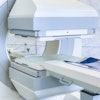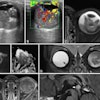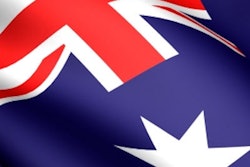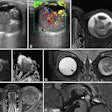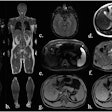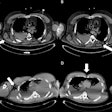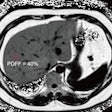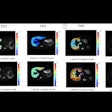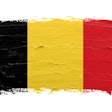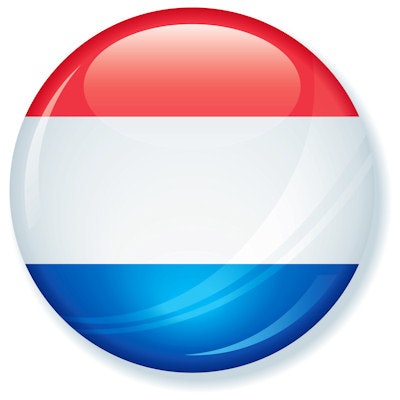
KLM Royal Dutch Airlines has promised to allow medical isotopes to be carried on its planes from Europe to the U.S., beginning on 27 April. The move is designed to keep supplies moving during the COVID-19 pandemic.
U.S. manufacturers of radioisotopes like technetium-99m rely on European shipments of molybdenum-99, the raw material for the tracer, which is used in many nuclear medicine procedures. Molybdenum-99 is typically produced in nuclear reactors; due to its short half-life, it must be shipped quickly, usually via air routes like passenger planes.
But the decline in air travel caused by the COVID-19 outbreak has reduced the number of routes that are available for shipments of radioisotopes like molybdenum-99 and xenon-133, according to a 23 March letter sent by the Society of Nuclear Medicine and Molecular Imaging (SNMMI) to European regulatory authorities. This has forced radioisotope shipments to shift to cargo planes, where they face "tremendous competition" from companies shipping freight across the Atlantic Ocean.
The SNMMI letter asked regulators to urge KLM to once again allow medical isotopes to be shipped on its planes. KLM has not carried radioisotopes out of its hub at Amsterdam Airport Schiphol "for many years," the letter noted.
KLM assented and agreed to continue radioisotope shipments over five weeks, then review the situation to determine if it should continue the service. For now, KLM is committed at least until United Airlines or another reliable flyer can handle the duties.
The SNMMI confirmed KLM's coming shipments, adding that the airline's decision is based on humanitarian needs and medical urgency.
